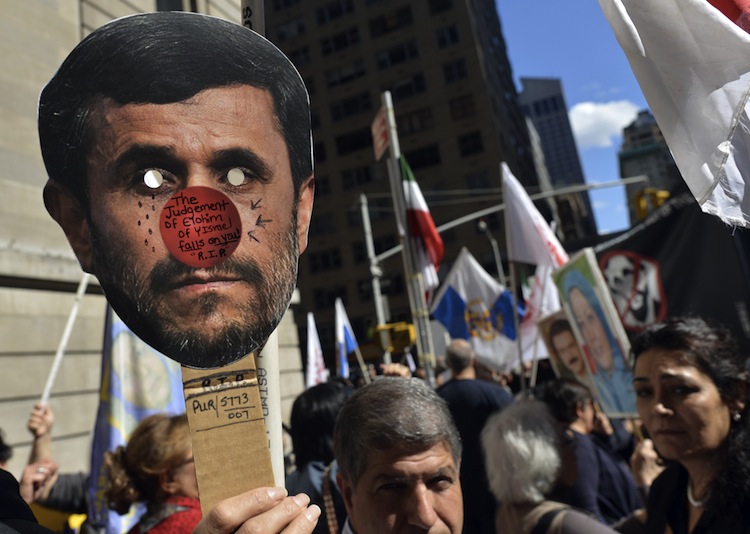Sattar Beheshti, an Iranian blogger, was detained last month after he criticized the government’s human rights situation. He was never seen alive again. A week after his arrest, Iranian authorities contacted his family to collect Beheshti’s body, and it is suspected that he died after suffering torture.
As the case drew international attention, Iranian officials denied wrongdoing in the 35-year-old blogger’s death. But now U.N. human rights officials are demanding answers as to how he was killed.
“It is imperative that people who are potentially involved in committing such gruesome crimes are investigated and brought to justice, as failure to do so promotes a culture of impunity,” stated Ahmed Shaheed, the U.N.’s special rapporteur on human rights in Iran.
He added, “There should be zero-tolerance for torture.”
It was alleged that Beheshti suffered torture at Tehran’s Kahrizak prison after he was arrested without a warrant. According to Radio Free Europe (RFE), he was arrested on charges for “actions against national security on social networks and Facebook.”
More than three dozen prisoners at Evin prison in Tehran, where Beheshti stayed for one night, sent a letter last week saying that he was beaten and hung by his limbs from the ceiling during interrogation, RFE reported.
The day before his arrest, Beheshti wrote in a blog post, “They threatened me yesterday and said, ‘Your mother will soon wear black because you don’t shut your big mouth.’”






